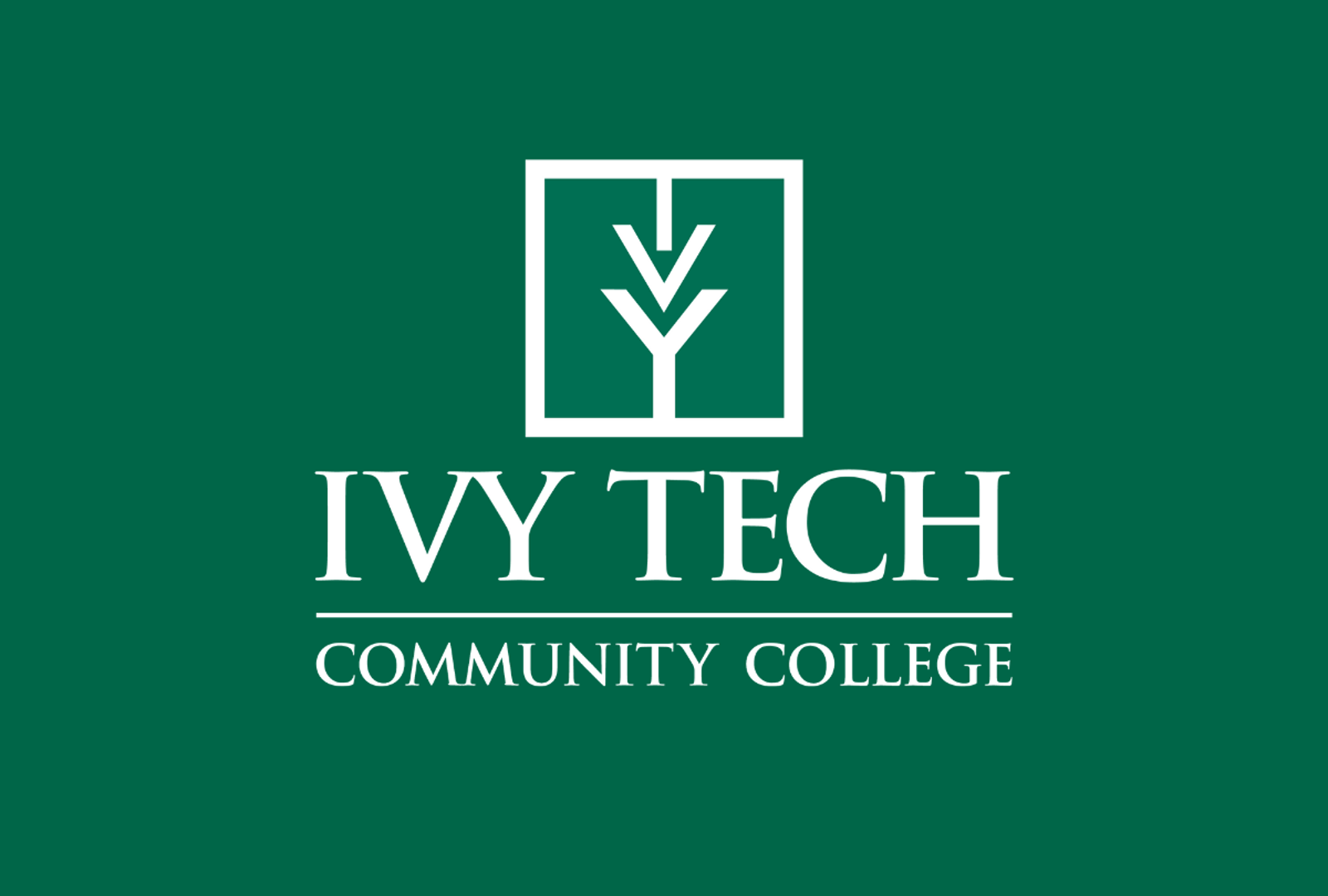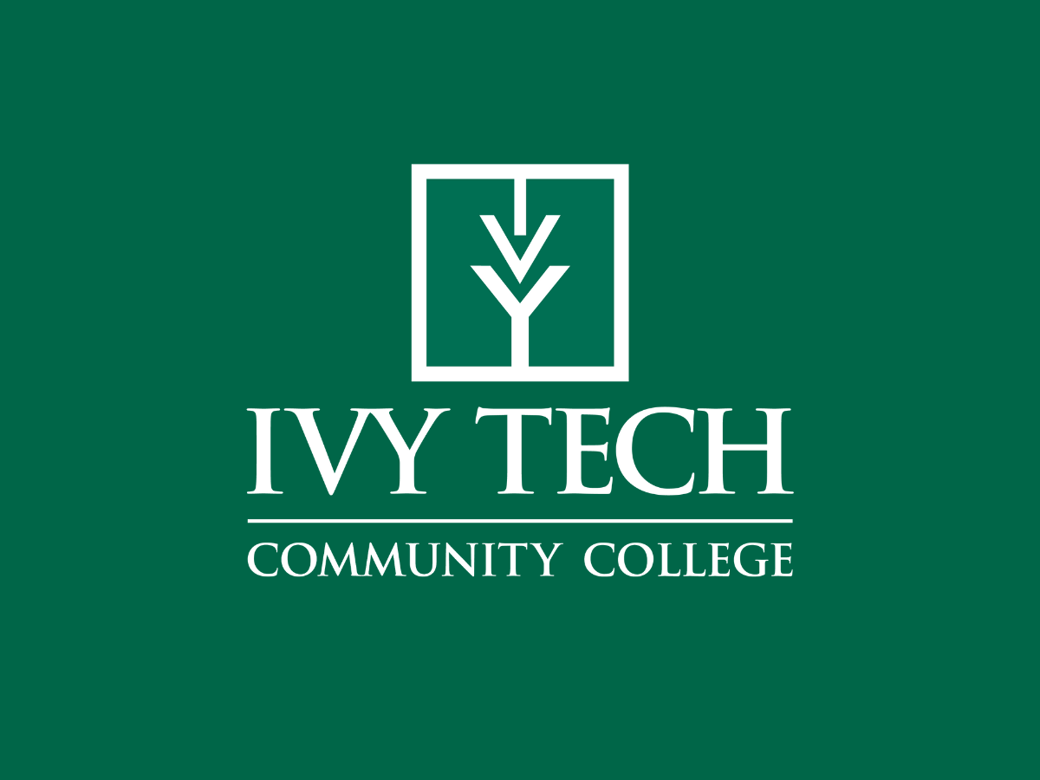The Herald-Times
Posted: Thursday, February 6, 2014 12:00 am | Updated: 12:51 am, Thu Feb 6, 2014.
By Jon Blau 331-4266 | jblau@heraldt.com
Debra Vance looked to a panel of students, faculty and staff at Ivy Tech and recalled a time when the receipt in her hand didn’t outweigh the color of her skin.
As the MC of a panel discussion titled “Life in Bloomington as an African American,” the Ivy Tech official tried Wednesday to spark conversation among the five-person panel by bringing up a moment where she felt she had experienced discrimination. Several years ago, she went to the mall to buy a dress. She came out with more than one dress, and some shoes, but every dress had a security tag.
When Vance went back to the store a couple days later to have the tags removed, the cashier accused her of stealing.
“That kind of hurt my feelings a little bit,” Vance said. “I told them to bring up my account. I’m a good customer. I keep somebody in a paycheck.”
She joked that she doesn’t go shopping much nowadays, because she can’t wear things that are as “short and tight” as she once did. But there was a sense Bloomington and much of society had changed for the better when it comes to race relations. Her call for a comparison story didn’t draw many complaints from the panel.
Participants’ comments centered positively around Bloomington’s diversity and culture.
Obie James, who works in admissions at Ivy Tech, moved to Bloomington after spending time in Detroit and was shocked when he had people smiling at him as they passed on the street.
Then, another question came: Do you think there should be a Black History Month?
Vance noted that actor Morgan Freeman, for instance, isn’t a fan of Black History Month because it separates black history from American history, when they are one in the same. Brian Harrell, a student studying business at Ivy Tech, agreed.
Harrell came to Bloomington in 2005 after growing up in Gary, a foster child who spent time in juvenile detention but eventually joined the military, deployed twice and now works with the Monroe County Veterans Affairs Department. He asked why achievements for black people, such as the election of President Barack Obama, have to be celebrated if everyone is supposed to be equal.
Harrell brought up the story of Jason McElwain, the autistic teen who hit six 3-point shots for his high school basketball team. In that case, he understands the applause. McElwain had physical obstacles to overcome. But Harrell doesn’t understand why a person’s color still has to be highlighted if they are just as smart and just as capable.
“When I hear things like, ‘Have we arrived?’ I feel like, once again, we are saying our Caucasian counterparts are here, and this is the milestone we are at and we continue to hit milestones,” Harrell said. “I just feel like we need to say, ‘Hey, we are equal, and that’s it.’”
Harrell admitted he might think this way because he’s young, born in 1988. On the other hand, while race is a “social constructed thing,” James pointed out that it has real consequences, dating back to slavery and Jim Crow and beyond, which have to be acknowledged.
Why else would Obama be the first black president?
“If everything was equal, you’d think there’d be four, or maybe 10, but that hasn’t happened,” James said. “I have to say (Obama’s election is) relevant. I have to say that’s not just a fluke. I have to say there were qualified men before our president who couldn’t make that national circuit.”
Bennie Jones, an adjunct faculty member who teaches math at Ivy Tech, said there are some artifacts of white suppression of blacks in America. In the category of “Where can Bloomington improve,” Jones said she would like to see more people of color hired and promoted in local schools.
When substitute teaching in Bloomington, she doesn’t see many black faces at those schools.
“People in charge would do whatever they could do to make black people look like they were not intelligent, so African Americans would not have a chance to show their expertise in different fields,” Jones said of earlier decades. “Fast forward to now, (black people) are still not looked at for positions because that stigma is still there.
“Hopefully, here in Bloomington, we can dispel those notions and start looking at people of color and see that we do have qualifications and we are very capable.”
Bennie Jones, right, speaks at Ivy Tech’s discussion on “Life in Bloomington as an African American” Wednesday afternoon. At left is Obie James.
About Ivy Tech Community College
Ivy Tech Community College is Indiana's largest public postsecondary institution and the nation's largest singly accredited statewide community college system, accredited by the Higher Learning Commission. Ivy Tech has campuses throughout Indiana and also serves thousands of students annually online. It serves as the state's engine of workforce development, offering associate degrees, long- and short-term certificate programs, industry certifications, and training that aligns with the needs of the community. The College provides a seamless transfer to other colleges and universities in Indiana, as well as out of state, for a more affordable route to a bachelor's degree.



